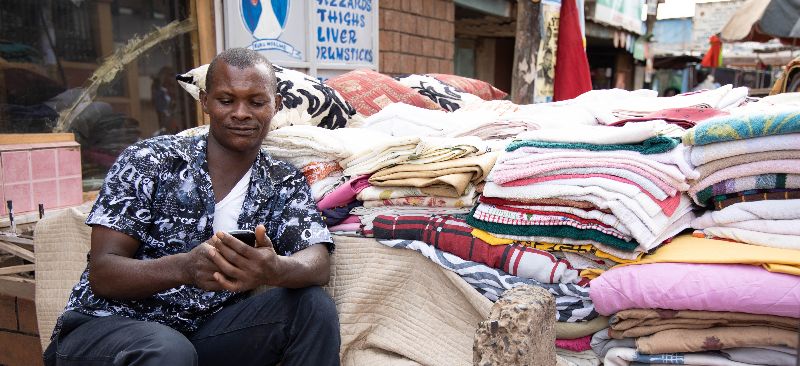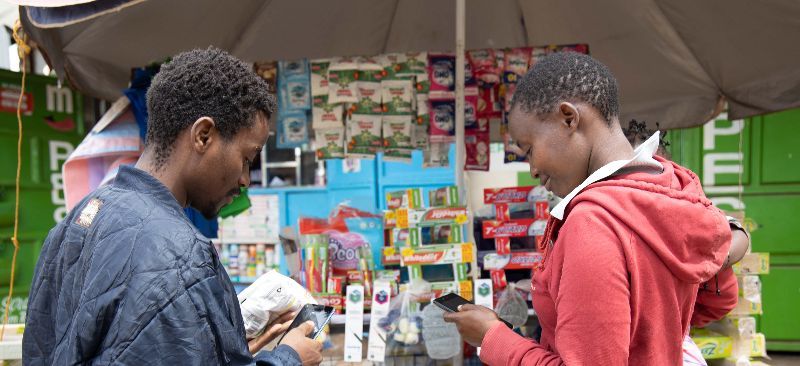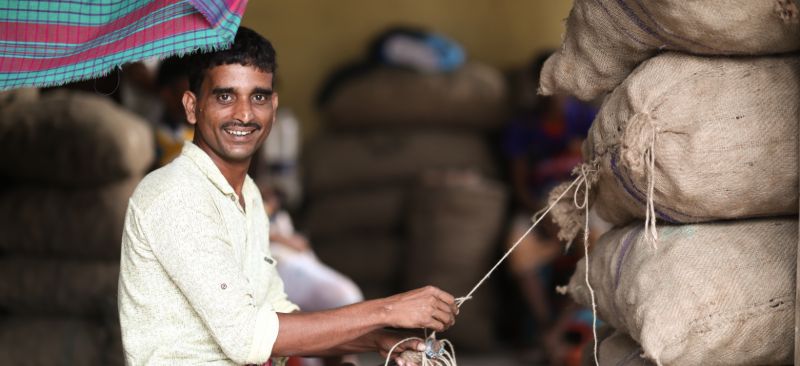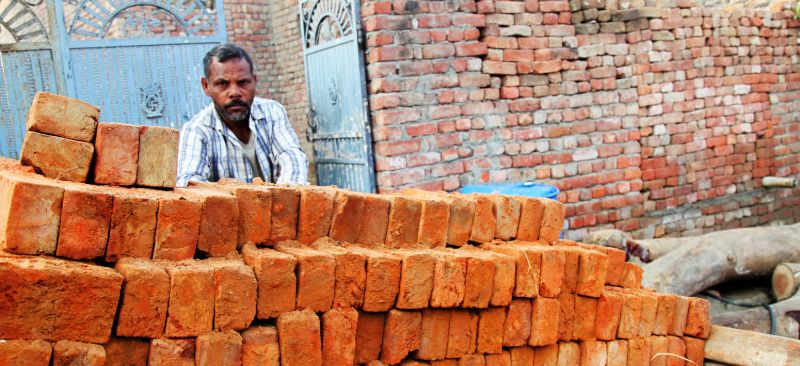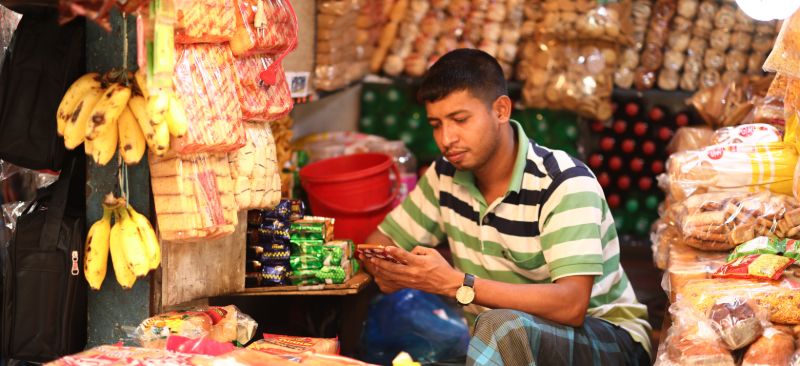Digital credit is instant, automated, and remote, providing borrowers with quick access to short-term loans. The relative ease with which providers can reach the mass market has profound implications for the future of financial services. The potential for financial inclusion is unprecedented. However, it is up to all financial sector stakeholders to ensure that digital credit is beneficial to borrowers.
During the first half of 2019, MSC was commissioned by SPTF and the Smart Campaign to undertake a comprehensive study on the current state of digital credit in Kenya. This study revealed:
- Across Kenya, 16.4 million loans have been disbursed digitally since the launch of the first digital credit offering seven years ago. In the past two years alone, the number of digital loans issued has approximately doubled;
- Between 2016 and 2018, 86% of the loans that Kenyans took were digital in nature, which reflects the increasing popularity and the pervasiveness of this channel;
- While the sector has seen almost 50 fintechs enter the field in the past four years, bank- and MNO-facilitated products still dominate the market and amount to 97% of the supply;
- Among borrowers in Kenya, 2.2 million individuals have non-performing loans for digital loans taken between 2016 and 2018. About half (49%) of the digital credit borrowers with non-performing loans have outstanding balances of less than USD 10.
Based on MSC’s comprehensive study of the state of the digital credit landscape in Kenya (2019), highlighted some positive signs and some persistent problems, as well as opportunities to improve products and consumer protection.
It highlights the core challenges, emerging concerns and also goes further to formulate recommendations for both regulators and suppliers to make the delivery of digital credit more responsible and customer-centric.
